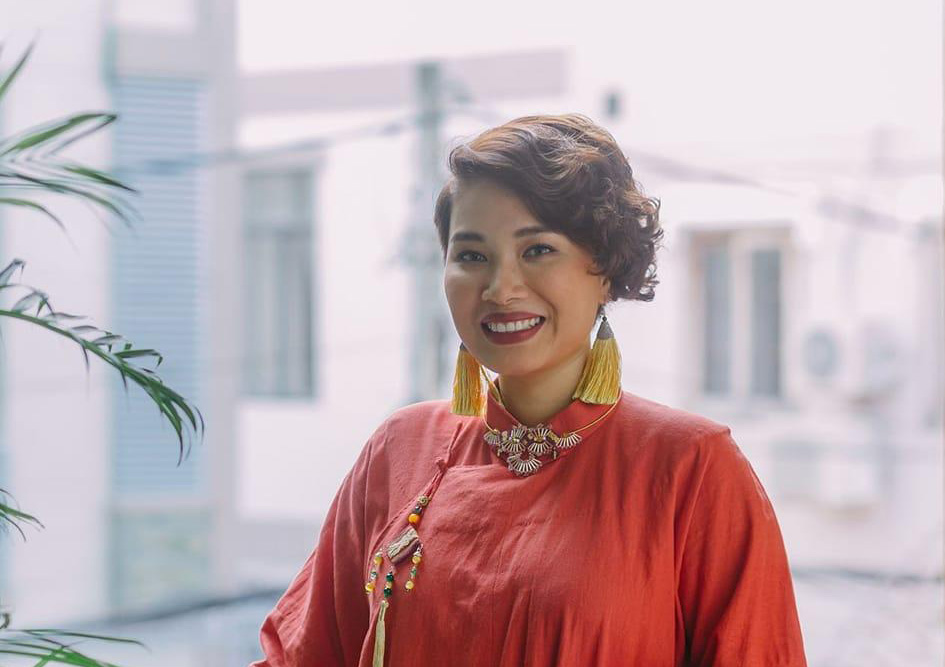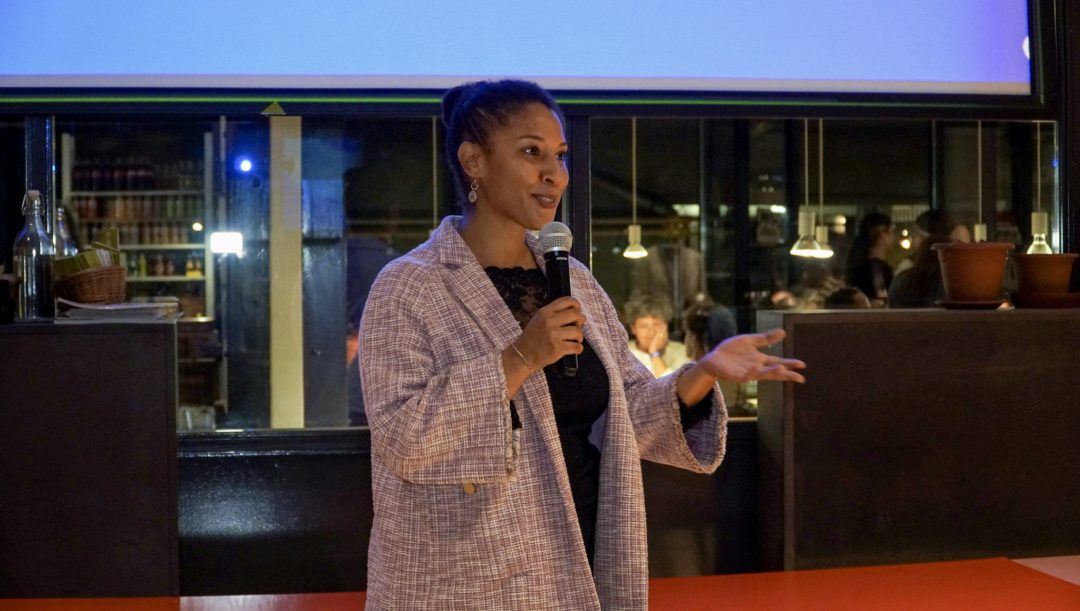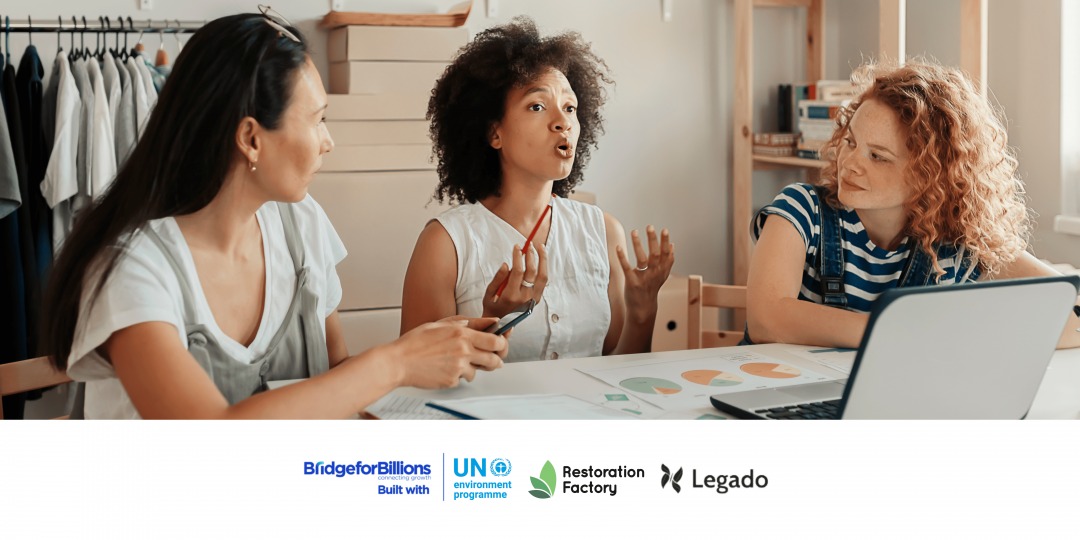This post is also available here in Vietnamese
As a female entrepreneur in a masculine country like Vietnam, Soline has faced a lot of learning experiences that made her wish she had someone to guide her through the journey at the beginning of her entrepreneurial career.
What was your experience as an entrepreneur and how did it inspire you to become a mentor?
My experience as an entrepreneur began in 2015 when I started working in the startup environment. I joined a project called Vietnam Dental Tourism, which focused on medical tourism for inbound markets in Vietnam. As a female entrepreneur in a male-dominated industry in Vietnam, I faced many challenges and wished I had someone to guide me through the journey. Unfortunately, at that time, there were few supporting programs available for entrepreneurship, especially with mentors. Even in metropolitan cities like Ho Chi Minh City, where I was based, these programs were scarce.
Over time, I gained more experience and knowledge about entrepreneurship, and since 2019, I have been trying to give back by joining local programs for entrepreneurship as either a judge or mentor. I understand the pain of being alone in this journey, especially when your circle of friends or connections may not understand what you’re going through, particularly for female entrepreneurs. I also experienced costly lessons that I wished someone had told me about, especially related to legal issues, costing, and sustainability.
As a mentor, I try to teach my mentees about these issues in advance to help them avoid wasting time, effort, and money. Additionally, I am passionate about helping local enterprises rise up and be more competitive, particularly those from remote areas who are often left behind due to unfair competition or geographical barriers.
How did you come to know about The Forest Enterprise Incubation Program?
I first learned about The Forest Enterprise Incubation Program through another mentor who knew me personally from other community projects we worked on together. She referred me as a mentor because she saw that I fit the program’s criteria. Connections and referrals are quite important in Vietnam, even for mentors, and I am grateful for the opportunity to participate in such a meaningful program.
Why did you decide to take an active participation on being a mentor?
There were several factors that convinced me to become a mentor. Firstly, it’s a UN program, which gives it a certain reputation. Secondly, it was referred to by a contact that I know, who is from UN Women and an impact person, which gave me confidence in the program. I’m quite busy as well, so I have to be picky with what I commit to. But the range and scope of the companies mentored by the program gave me more diverse options to choose from. After talking to Alex, I realized that there is something I can contribute, and my experience outside of forestry might bring in innovative ideas for the entrepreneurs. I believe that having a holistic view is essential to promote a business, especially social enterprise, and I can provide insights and ideas beyond traditional promotions.
So, in summary, the decision to become a mentor was not an easy one, but the reputation of the program, the confidence I gained from the referral, and the opportunity to bring in fresh perspectives made me decide to take an active participation.
How would you describe your experience so far?
As an experienced mentor in this type of program, I was lucky to have someone who is experienced enough and has a strong foundation of knowledge and values in sustainable practices. The eLearning platform and UX are fantastic. Nothing like this exists in Vietnam yet, at least not for the famous entrepreneurship programs that I know. Overall, I think the platform is amazing, and the organizers did an excellent job.
Could you share some of the high moments of our mentor-mentee relationship?
Every mentor-mentee relationship will have some ups and downs, especially after the Lunar New Year period when things start picking up. We can go almost two weeks without meeting each other, or sometimes, he’s not showing up or informing me at the very last minute. But after a while, we learned how to work with each other. Just last weekend, I flew to Hanoi to meet him, and it gave me more confidence to connect my network and expand the business, and I can see its real potential. He really has a lot of things going on and is ready, but he just needs to do more promotion.
For me, this experience has made our mentor-mentee relationship move forward. We hadn’t met in person yet, but obviously, I understand that this happened because I made the move to go to Hanoi to see him. It shows commitment, and it was worth it.
"As entrepreneurs, we often naturally focus on running our businesses rather than developing a systematic process. This program helps us reflect on and improve our approach to business."
What would you say is the main value forestry entrepreneurs in Vietnam can take from an incubation program like this?
Well, first, I would say that in terms of entrepreneurship, not just for forestry entrepreneurs, but for entrepreneurs in any industry in Vietnam, the program provides a structured and systematic approach to business knowledge and business model development. As entrepreneurs, we often naturally focus on running our businesses rather than developing a systematic process. This program helps us reflect on and improve our approach to business development.
Now, specifically for forestry entrepreneurs, they often operate in remote areas with limited access to technologies, funding opportunities, and resources. So having a program like this is especially valuable for them to learn and make progress while having the support of a mentor who can give them advice and provide reflections.
Through the program, entrepreneurs can gain a holistic view of their business and industry, as mentors come from diverse backgrounds and perspectives. For example, my mentee was using forestry products to make household and herbal products, and I suggested he consider medical tourism and traditional medicine as potential markets. This kind of outside perspective can help entrepreneurs develop their businesses in ways they might not have considered before.
Additionally, the program provides a network of diverse mentors and mentees, which can contribute to a more holistic evaluation of the business model and market analysis. Mentors and mentees from different industries and regions can provide unique insights and connections that entrepreneurs might not have access to otherwise.
In Vietnam, not everyone has the luxury of knowing everything or failing in a way that provides a personal lesson. The program provides valuable shared experiences and insights that can save entrepreneurs time and money, as well as prevent costly mistakes. These intangible values are extremely important for the success of entrepreneurs in Vietnam.




